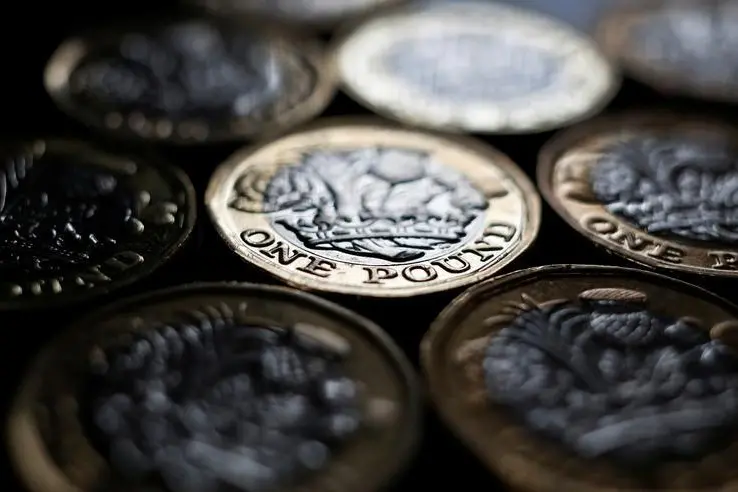PHOTO
LONDON - Sterling fell to a eight-month low versus the euro on Tuesday after data showed the jobless rate in Britain rose for the first time since late 2020 in the three months to April.
Official data showed the jobless rate edged up to 3.8% in the three months to April from 3.7% for the three months to March.
The Bank of England is expected to raise interest rates again on Thursday. Britain's growth, however, is already seen among the weakest for rich countries in 2023, and there is uncertainty over how fast the BoE can raise interest rates this year to tame inflation without further hurting the economy.
Versus a strengthening euro, the pound fell 0.6% to 86.24 pence at 1011 GMT, touching its lowest level against the single currency since October.
It fell 0.2% against the U.S. dollar to $1.2099 to a fresh two-year low.
"The UK ILO unemployment rate may have been slightly higher than expected but the labour report confirms that the jobs market is still tight and that further rate hikes from the BoE will be forthcoming," said Jane Foley, head of FX strategy at Rabobank in London.
Foley said the pound continued to be "vulnerable" as "the worsening growth outlook remains a thorn in the side of sterling".
The employment data also showed there were signs of more people returning to the job market, where employers' struggle to fill vacancies has added to the BoE's inflation headache.
Data on Monday showed Britain's economy unexpectedly shrank in April, adding to fears of a sharp slowdown.
Analysts said Brexit headlines were also returning to weigh on the pound after Britain on Monday published plans to override post-Brexit trade rules for Northern Ireland by scrapping checks and challenging the role played by the European Union's court in a new clash with Brussels.
"News that the Johnson government want to rewrite the Northern Ireland protocol is another negative for the UK investment backdrop," Foley added.
(Reporting by Joice Alves, editing by Ed Osmond, William Maclean)





















